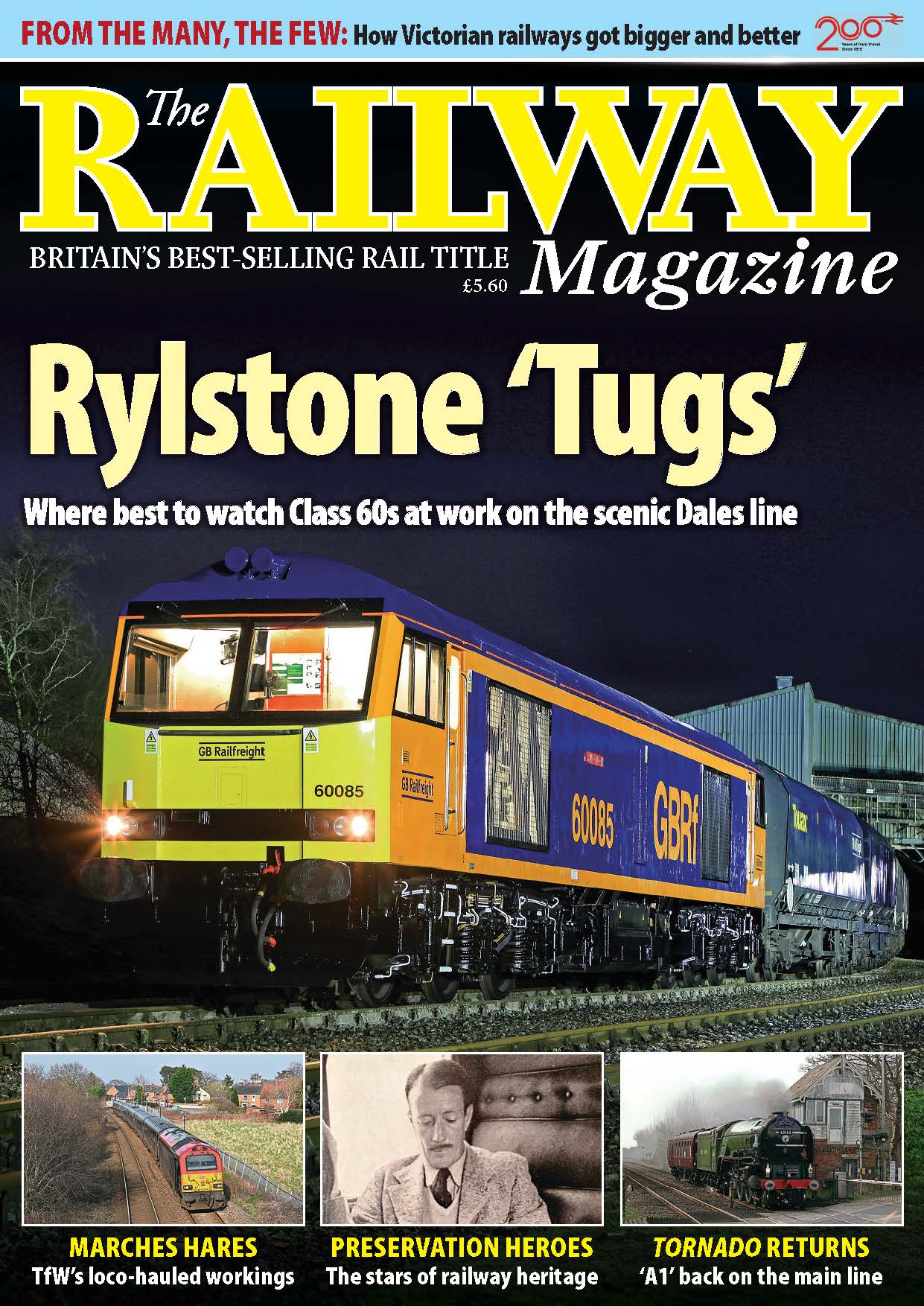
Britain’s rail industry has been urged to pioneer “radical” new ways of working to fast-track major projects.
Rail minister Chris Heaton-Harris announced the approach of Rail Project Speed which builds on a taskforce for building programmes launched by Prime Minister Boris Johnson in June 2020.
Related articles
- UK railway news roundup
- Network Rail chair claims weekend engineering works could end
- PM under fire for claiming Transport for North budget not cut by 40%
The initiative aims to halve the duration, and significantly reduce the costs, of rail infrastructure work.
Ten key themes have been identified to achieve these aims, such as rapidly increasing the use of innovative construction methods, and simplifying planning processes.
The Department for Transport (DfT) said these principles are already supporting the scheme to reopen the Northumberland line between Ashington and Newcastle, which closed in 1964 as part of the Beeching cuts.
“This could take months off the schedule and deliver efficiencies which save millions,” the department said in a statement.
Speaking at a conference hosted by the Railway Industry Association, Mr Heaton-Harris said the transport sector has been relied on to “keep the country moving” during the coronavirus pandemic.
“We are now depending on transport to kickstart our economic recovery.
“Rail Project Speed, forged alongside Network Rail, is a call to arms to cut unnecessary red tape, be bold and purposeful, and empower the railway to be radical in its thinking to halve the time and reduce the cost of delivering infrastructure projects.
“By maximising the benefits of every pound that we’re channelling into rail, we will make the case for continued investment.
“Our intention is to create a more resilient, resourceful and robust railway, equipped for the challenges ahead and delivering better for its passengers, as we build back better from COVID-19.”
Network Rail chief executive Andrew Haines said: “There has never been a more important time to make the case for rail.
“The pandemic has spurred us to make real progress in removing barriers that have long hindered industry transformation.
“But of course, there is still much more to do, and we will do that faster and more effectively when we work together across the industry.”


